The Curious Case of the Smelly Blob
- Nov 5, 2020
- 0 Comments
Free shipping on online orders over $1400 (contiguous US only).
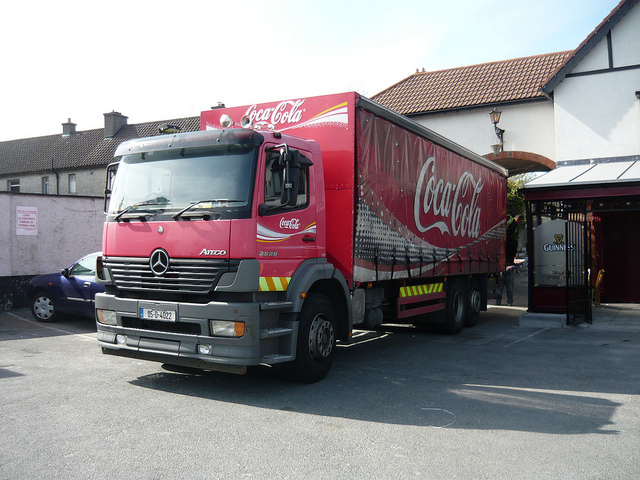 What is your plan when a city official, contractor, or engineer says a 1,000-gallon grease interceptor must be installed in your drive-through, parking lot, or another area where vehicles will be driving over it every day?
What is your plan when a city official, contractor, or engineer says a 1,000-gallon grease interceptor must be installed in your drive-through, parking lot, or another area where vehicles will be driving over it every day?
Trying to comply with local codes and regulations shouldn’t be difficult. You shouldn’t have to use all your resources to engineer, install, and maintain a grease trap. It should be easier and more affordable.
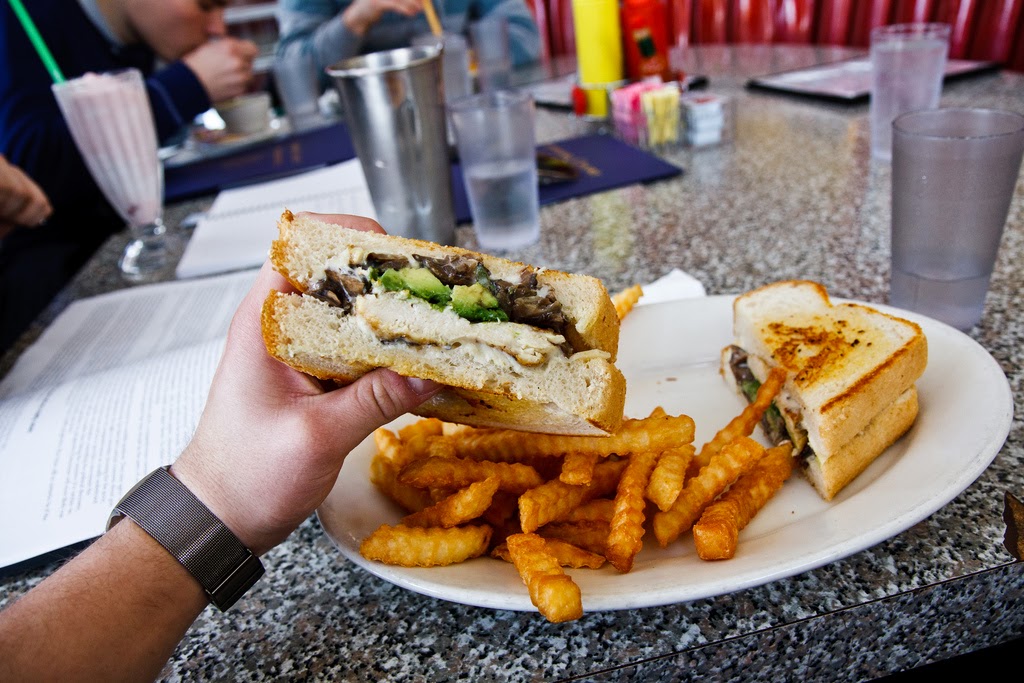 Changing demographics and lifestyles are producing greater strains on water treatment systems and could threaten water quality. Surprised? It’s true. And we’re not just talking about the strain of a growing population.
Changing demographics and lifestyles are producing greater strains on water treatment systems and could threaten water quality. Surprised? It’s true. And we’re not just talking about the strain of a growing population.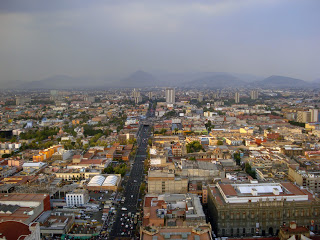 ASHEBORO, N.C. — Water runs from our taps, and we store it in bottles, coolers and refrigerators.
ASHEBORO, N.C. — Water runs from our taps, and we store it in bottles, coolers and refrigerators.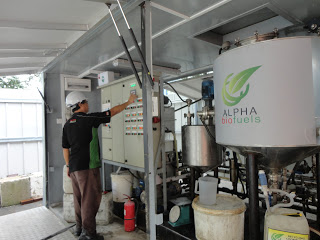
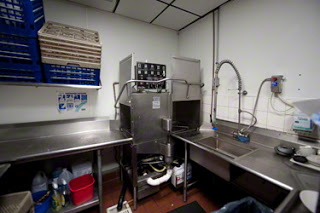 Keep Soapy flows from Contacting Downstream Fats and Oils (Lipids)
Keep Soapy flows from Contacting Downstream Fats and Oils (Lipids)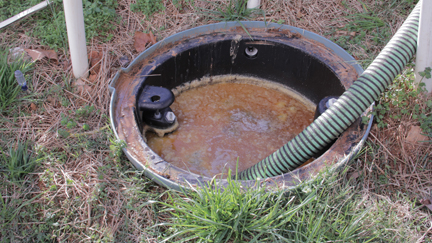
The smell was putrid, foreign, the caller said.
The strange odor, which emanated from somewhere on the college campus, stung the nostrils of the untrained and the unsuspecting.
 Food Equipment and Supplies Magazine recently sent out an E-Newsletter featuring the Trapzilla line of products. Take a moment to check out the articles below and stop by the Trapzilla website to see the award-winning animated short-film.
Food Equipment and Supplies Magazine recently sent out an E-Newsletter featuring the Trapzilla line of products. Take a moment to check out the articles below and stop by the Trapzilla website to see the award-winning animated short-film.
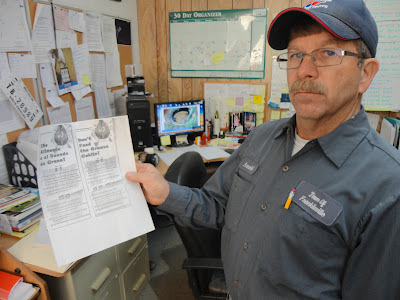
Allred began his career in wastewater management in 1974, when right out of high school he landed a job “turning valves” with the City of Asheboro’s wastewater plant. He stayed with the treatment facility for 30 years, working his way to plant superintendent. After retiring from the City of Asheboro, Allred began serving as Public Works...
 Held on May 20-22 in Myrtle Beach, South Carolina, the 2012 SEUS-CP Alliance Conference brought together 300 high-level governmental and business leaders -- all sharing the common goal of enhancing strategic trade and investment between the United States and Canada.
Held on May 20-22 in Myrtle Beach, South Carolina, the 2012 SEUS-CP Alliance Conference brought together 300 high-level governmental and business leaders -- all sharing the common goal of enhancing strategic trade and investment between the United States and Canada.  © 2020 Thermaco Inc. All Rights Reserved / Privacy Policy
© 2020 Thermaco Inc. All Rights Reserved / Privacy Policy